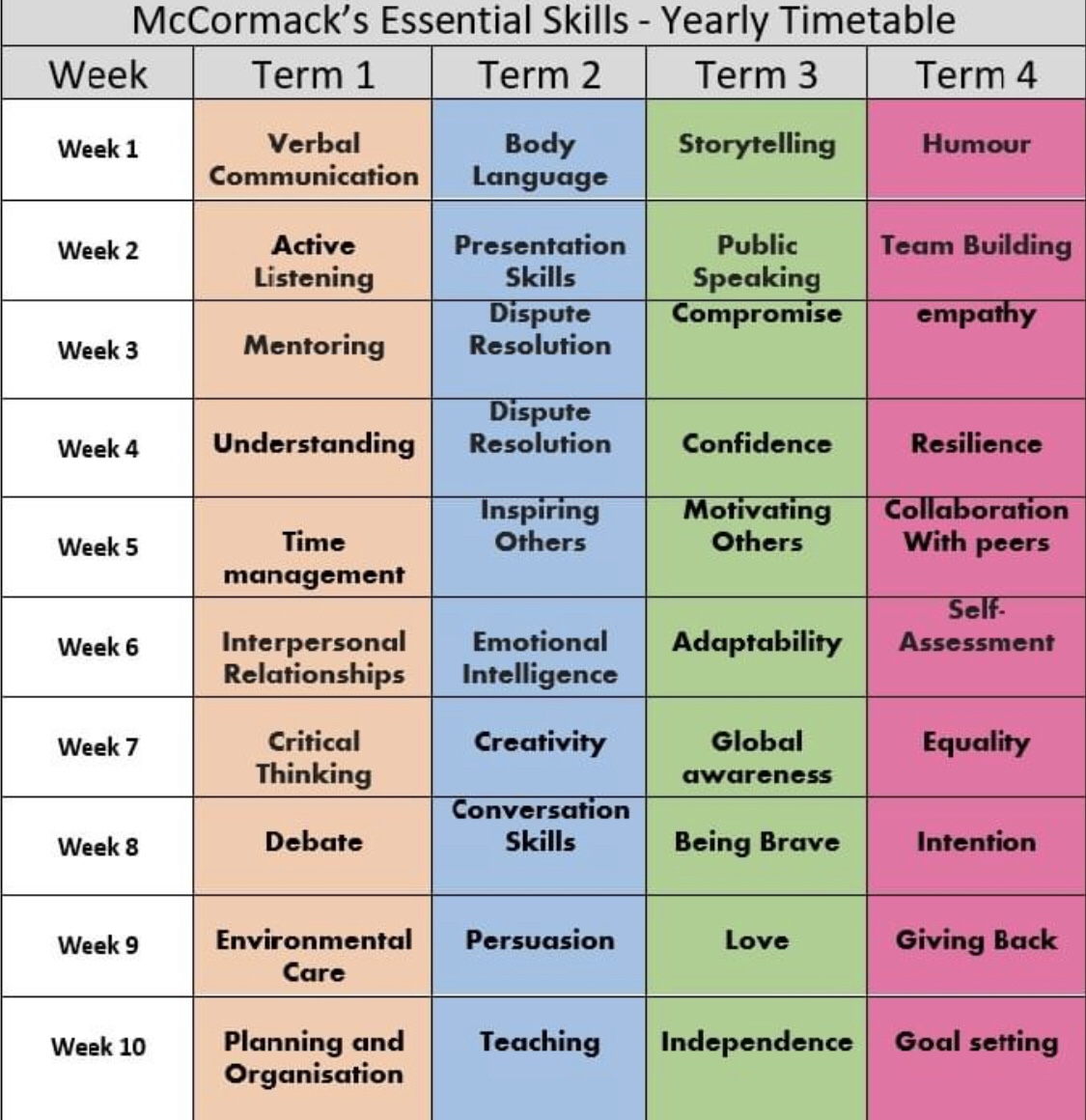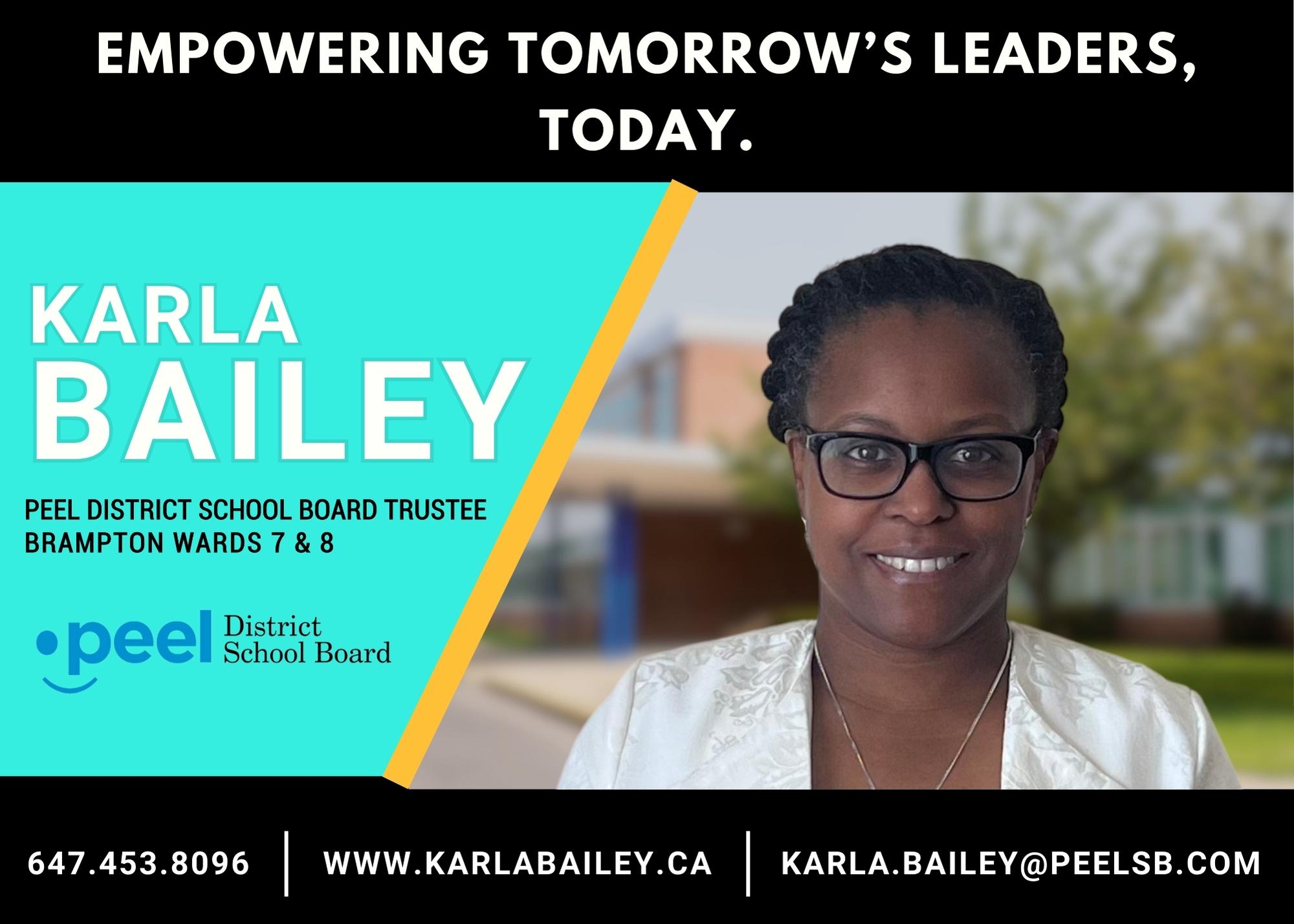School Closures: Essential Updates For Students, Parents, And Educators
Editor's Notes: "School Closures: Essential Updates For Students, Parents, And Educators" have published today date. It'll be beneficial for you to know that, concerning the recent outbreaks of contagious diseases, school closures have become increasingly common. These closures can have a significant impact on students, parents, and educators, so it is important to be aware of the latest updates and guidance. This guide will provide you with the essential information you need to know about school closures, including the latest updates, tips for students, parents, and educators, and resources for additional support.
Our team has done the work of gathering and analyzing information to create this comprehensive guide on school closures. We hope that you will find this information helpful as you navigate this challenging time.

Your Guide to Teaching Essential Skills in School. - Gavin McCormack - Source gavinmccormack.com.au
Key Differences
| School Closures | Essential Updates |
|---|---|
| Definition | Information |
| Purpose | Updates |
Main Article Topics
FAQ
School Closures: Essential Updates For Students, Parents, And Educators provides essential information for those affected by school closures. This FAQ addresses common questions and concerns regarding the impact of these closures on education.

School Closures ― Remote Learning helps students to stay on track | SKOOLER - Source skooler.com
Question 1: What are the reasons behind school closures?
School closures are typically implemented to prevent the spread of infectious diseases, ensure public health and safety, or address environmental or structural concerns affecting school facilities.
School closures can have a significant impact on students, parents, and educators. Understanding the reasons and implications of these closures is crucial for making informed decisions and ensuring the continuity of education.
Tips for School Closures
As schools navigate the challenges of closures due to unforeseen circumstances, it is essential to implement effective strategies to ensure the continuity of education and support for students, parents, and educators. This section provides valuable tips to guide stakeholders through this transition.
Tip 1: Establish Clear Communication Channels
Create designated platforms for announcements, updates, and resources. Utilize email, websites, social media, and text messaging to keep all parties informed and connected.
Tip 2: Provide Access to Learning Materials
Make educational materials, assignments, and textbooks available online or through digital distribution channels. Consider providing additional resources such as online courses, videos, and virtual tutoring.
Tip 3: Foster Virtual Collaboration
Utilize video conferencing tools to facilitate virtual classrooms, group projects, and online discussions. Encourage students to engage with each other and share ideas.
Tip 4: Support Students with Special Needs
Identify and address the specific needs of students with disabilities or learning challenges. Provide tailored accommodations, assistive technologies, and additional resources.
Tip 5: Maintain a Positive Learning Environment
Encourage regular check-ins with students and parents to monitor progress and provide support. Celebrate student achievements and create a sense of community during this challenging time.
Tip 6: Utilize Technology Effectively
Explore educational apps, online platforms, and other technology tools to enhance remote learning experiences. Provide training and technical support to ensure accessibility and proficiency.
Tip 7: Monitor Progress and Seek Feedback
Regularly evaluate student progress and seek feedback from parents and educators. Adjust strategies and resources based on data and observations.
Tip 8: Collaborate with Community Resources
Partner with local libraries, community centers, and non-profit organizations to provide additional support, such as internet access, meals, or mental health services.
By implementing these tips, schools can effectively navigate school closures, ensuring that students continue to receive the support and education they need to succeed.
School Closures: Essential Updates For Students, Parents, And Educators
As school closures become increasingly prevalent in response to public health concerns, it is crucial to understand their multifaceted impact on students, parents, and educators. Here are six key aspects that require attention:
- Educational Continuity:
- Emotional Well-being:
- Parental Support:
- Equitable Access:
- Educator Preparedness:
- Long-term Implications:
Educational continuity is a primary concern, with schools exploring remote learning solutions to minimize academic disruptions. However, the emotional well-being of students and the support parents can provide are equally important. Ensuring equitable access to quality education for all students, regardless of their socioeconomic status, is also paramount. Educators must be prepared to adapt to new teaching methods and support students' learning needs. Lastly, considering the long-term implications of school closures on students' educational and social development is essential. By addressing these key aspects, we can mitigate the negative impacts of school closures and work towards ensuring a successful and equitable learning experience for all.

Newsletters | Peel School Trustee - Brampton Wards 7&8 - Source karlabailey.ca
School Closures: Essential Updates For Students, Parents, And Educators
School closures, an inevitable consequence of unforeseen circumstances, require immediate attention and proactive measures. Effective communication and coordination among stakeholders are crucial for ensuring students' continued learning, parents' peace of mind, and educators' adaptability.

School Closures Due To Covid 2024 - Avie Margit - Source jillaynewlia.pages.dev
School closures present challenges that require innovative solutions. Emergency remote learning plans, virtual platforms, and alternative modes of content delivery help bridge the learning gap. Parents become co-educators, requiring support and resources to facilitate their children's learning at home. Educators face the challenge of adapting curricula, embracing technology, and providing equitable access for all students.
Understanding the impact of school closures on stakeholders' mental and emotional well-being is essential. Students may experience anxiety, isolation, and disruption to their routines. Parents may struggle with balancing work and childcare responsibilities. Educators may feel overwhelmed by the workload and the demands of remote teaching. Support systems, counseling services, and online communities can help mitigate these challenges.
Conclusion
School closures are a complex issue requiring a multifaceted response. By fostering open communication, providing innovative learning solutions, and prioritizing stakeholder well-being, we can navigate these challenges and ensure the continuity of education.
The lessons learned from school closures will continue to inform our approach to education, even after the pandemic subsides. Remote learning, flexible teaching methods, and a heightened emphasis on social-emotional support will enrich our educational systems and help us better prepare for future disruptions.
